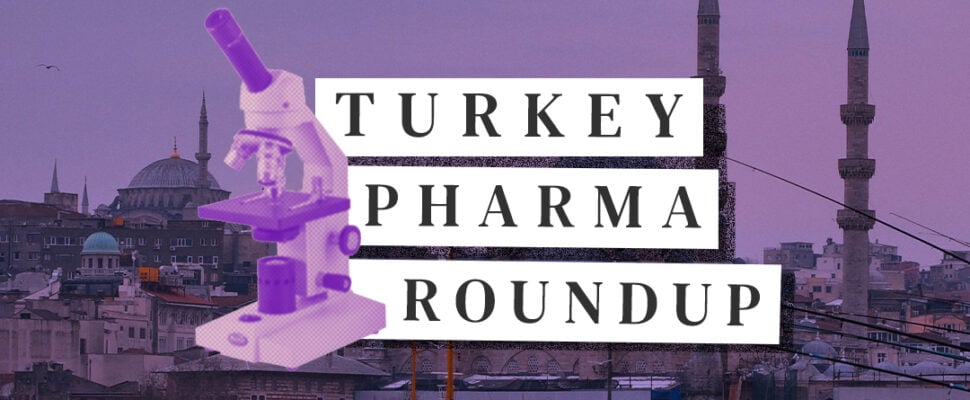A roundup of the biggest pharma and healthcare stories from Turkey including the investigation of 19 pharma companies by the country’s competition watchdog; Gen Pharma Caucasus Manufacturing’s new plant in Azerbaijan; drug shortages resulting from a newly adopted currency-indexed medication supply system, and the surge in upper respiratory tract infections that is overloading the nation’s intensive care units.
Turkey launches investigation into 19 pharma companies (Reuters)
Turkey’s competition authority said on Thursday it had launched an investigation into 19 pharmaceutical companies to determine whether they had violated competition law. In a statement, the authority said it had decided on Nov. 9 to launch the probe into companies including AstraZeneca, Bayer, Glaxosmithkline, Johnson & Johnson, Bausch & Lomb, Sanofi and Pfizer. It provided no further details.
New Turkish pharma plant to supply Azerbaijan with crucial medicines (Trend News Agency)
Turkish Gen Pharma Caucasus Manufacturing Operations LLC pharma plant in Azerbaijan’s Pirallahi Industrial Park will supply the country with crucial medicines, the head of the company Abidin Gulmus said, Trend reports.
“Today is a historic day. The project will contribute to Azerbaijan’s healthcare. This is not only a pharmaceutical plant; it will provide employment opportunities for graduates from pharmaceutical faculties and serve as a platform for realizing their projects,” he noted.
Turkish startup Salus secures $4.7M for its personalised mental health platform (Tech.eu)
Today mental health platform Salus, announced it closed a $4.7 million Seed investment round, bringing its fundraising to over $5.5 million since inception.
Salus’ platform is the only comprehensive, personalised mental health product in the region, aiming to make preventive health services—particularly in mental health—affordable and accessible.
5 mln patients suffer from rare diseases in Türkiye (Hurriyet Daily News)
Approximately 5 million people suffer from serious illnesses referred to as rare diseases, which are seen in one out of every 2,000 individuals or less, a senior executive from a Turkish pharmaceutical company has stated.
“Due to consanguineous marriages in Türkiye, we could almost describe the country as a haven for rare diseases. The diagnosis of a rare condition is made in one out of every 16 individuals. In Türkiye, there is even a case of a disease that affects only 300 people worldwide. Therefore, domestic drug production is imperative,” stated Yunus Sancak, the CEO of Humanis Health Inc., during a conference in Barcelona, Spain.
Patients’ complaints soar amid drug supply issue (Hurriyet Daily News)
With pharmacies facing significant challenges in providing many drugs due to the currency-indexed medication supply system in the country, patients have increasingly voiced their concerns, eagerly awaiting a new solution, particularly for obtaining medications crucial for life-threatening illnesses.
In July, a presidential decree on the pricing of medicinal products was published in the Official Gazette, increasing the euro exchange rate used for drug pricing by 30.5 percent, from 10 to 14 Turkish Liras. Pharmacists stated that despite this regulation, recent difficulties in the procurement of medications have been increasing, causing concerns about further exacerbation of these issues.
Turkey Extends Healthcare Rights for Citizens with Insurance Debts (BNN)
In a significant move for public health, Turkey’s Health Minister, Fahrettin Koca, declared an extension of healthcare rights for citizens burdened with General Health Insurance (GHI) premium debts. This extension, now valid until December 31, 2024, is aimed at reducing financial barriers to healthcare services access, enabling a greater number of citizens to benefit from these crucial services.
Occupancy rate in intensive care units in Turkey nears 100 pct (DuvaR.English)
Tuğhan Utku, President of the Turkish Intensive Care Association, stated that the occupancy rates in intensive care units reached 100 percent in Turkey due to hike in severe upper respiratory tract infections compared to previous years.
Utku said that they received feedback from colleagues in the hospitals that planned surgeries had to be postponed or canceled because of the scarcity of beds, according to the reporting of HalkTv.



